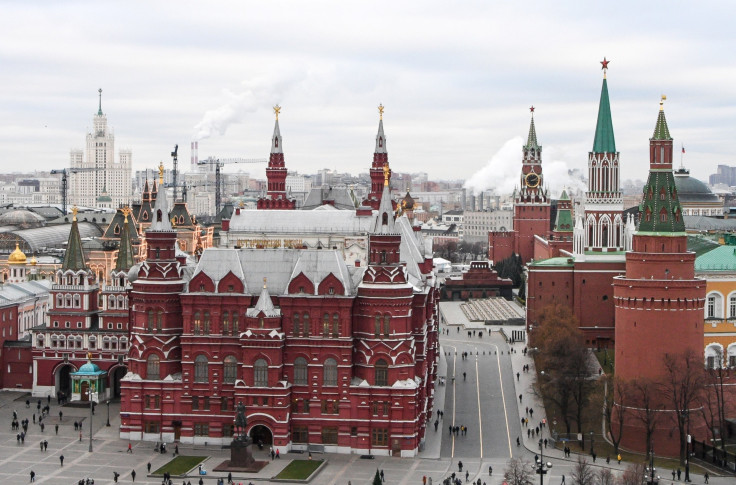Russia News: Moscow Tells Google To Stop Promoting 'Illegal' Events After Massive Demonstrations

Russian officials have told Google on Sunday to stop advertising "illegal" events on its YouTube platform, threatening the company with further action if it doesn't comply. The threats come after massive demonstrations Saturday in Moscow which were triggered by opposition candidates being barred from running for office in upcoming municipal elections.
The Russian communications watchdog Roskomnazdor considers YouTube's broadcasting of the demonstrations to be interference into the sovereign affairs of the Russian Federation. The watchdog says that certain groups and individuals on YouTube are using the platform to distribute information about illegal protests, "including those aimed at disrupting regional and federal elections."
Independent monitoring groups say that up to 60,000 people turned up in Moscow for the demonstrations, while police said that were only 20,000 people at the protests. Protesters held slogans such as "Down with the Czar" and opposition activist Alexei Navalny was arrested during the events.
Russia has targeted YouTube users who have criticized the government. Authorities on Aug. 2 arrested YouTuber Yegor Zhukov, a university student and Kremlin critic, for "inciting mass unrest."
The Russian government has frequently sparred with big tech companies, with authorities wanting more control of their activities.
Google has been told by the Russian government to censor certain search results, with fines of the equivalent of $11,100 being imposed on the company in July due to it failing to censor illegal information on the platform.
Russia has also fined Facebook and Twitter for not storing data on Russian servers. Russia has already blocked messaging app Telegram and professional social network Linkedin for non-compliance on the issue.
The Russian authorities want to better monitor the information that is transferred on these platforms.
Earlier this year, Russian President Vladimir Putin signed a law that would make the Russian internet legally separate from the rest of the world, with critics saying that the measure would allow Russian authorities to monitor and censor all content coming in and out of the country's online networks.
According to civil liberties watchdog Freedom House, Russia is considered "not free," with the NGO saying the Russian government manipulates elections and suppresses genuine dissent.
© Copyright IBTimes 2025. All rights reserved.





















